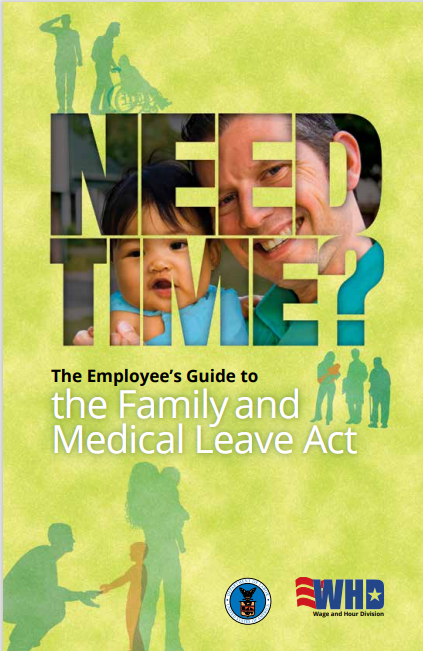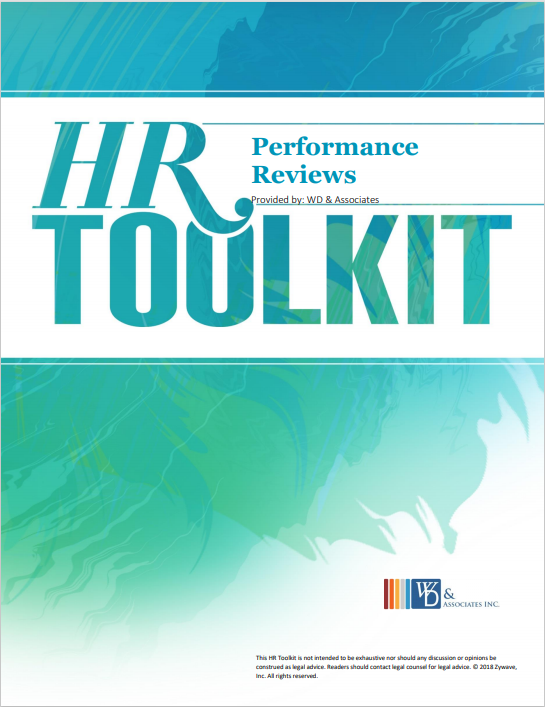While many people believe that life insurance is only needed later in an individual's career, life insurance can serve a critical purpose for every age group. Millennials, for example, are increasingly buying homes and starting families, triggering the need for life insurance. Whether you're young and starting your career, or reaching the latter part of your career, life insurance can be a good option for anyone! Here's what you may need to consider about life insurance at every stage of life:
Life Insurance for Individuals
Young, single people probably don’t think much about their life insurance needs. They are less likely to die and do not have dependents. However, this is a good time to purchase a permanent type of life insurance policy as premiums are very low at this stage of life. Life Insurance can offer a way to start building wealth while ensuring that if something happens to you, your family will not bear responsibility for your financial commitments.
Life Insurance for Families
The loss of a spouse, partner, or parent is devastating. Besides the emotional loss, insufficient life insurance can cause tremendous financial hardship for dependents. Adequate life insurance for your family’s needs should include money to pay off the mortgage balance, any auto loans, and your children’s educational expenses at the very least. The goal is to provide enough funds so that your family can maintain the lifestyle to which they are accustomed.
For single-parent families, life insurance is a must, even if finances are tight. Should the sole parent die, there is no partner to take on the financial burden of caring for children.
An insurance advisor can help to determine how much life insurance a family with young children should consider purchasing. There are surprisingly affordable options available to purchase life insurance in amounts large enough to provide grieving families with security and peace of mind. You can reach out to your insurance advisor to determine a comfortable number to fit your needs and budget.
Retirement Planning and Life Insurance
While IRAs and employer-sponsored retirement plans such as 401(k)s receive the most focus, life insurance is another source of income after retirement. For a revenue stream in retirement, choose whole or universal life policies. If needed, you can take out a tax-free loan from your policy’s cash value that does not necessarily have to be paid back. There are several strategies for using life insurance to help finance your retirement. An insurance advisor should be able to describe these options to you and help you to decide if this strategy works with your overall retirement goals.
Estate Planning
As we age, life insurance becomes a critical estate planning tool. That is true even for those who do not have children. Life insurance can provide funds for funeral and burial expenses as well as any outstanding debts. If you are married, you want to make sure your spouse will not have to lower their standard of living or have to sell assets quickly to make ends meet.
Large estates may end up owing taxes. Life insurance can provide the liquidity to pay these taxes if much of the estate consists of real estate or other less liquid assets.
You can also set up an irrevocable life insurance trust and transfer your policy into it. The trust would own the policy but you can still name your beneficiaries. Upon your death, the proceeds of your life insurance policy pass directly to your heirs tax-free. When you have an irrevocable life insurance trust in place, it is not included in your estate so it is not considered in calculating the overall value of your estate for tax purposes.
Life insurance can be beneficial at any stage of your life. So if you are considering talking to an expert about when or how much life insurance might be right for where you are at in your life, reach out to the experts at WD & Associates. Curious about the potential cost? Get a term life insurance quote in seconds by clicking the button below!













Leave a comment